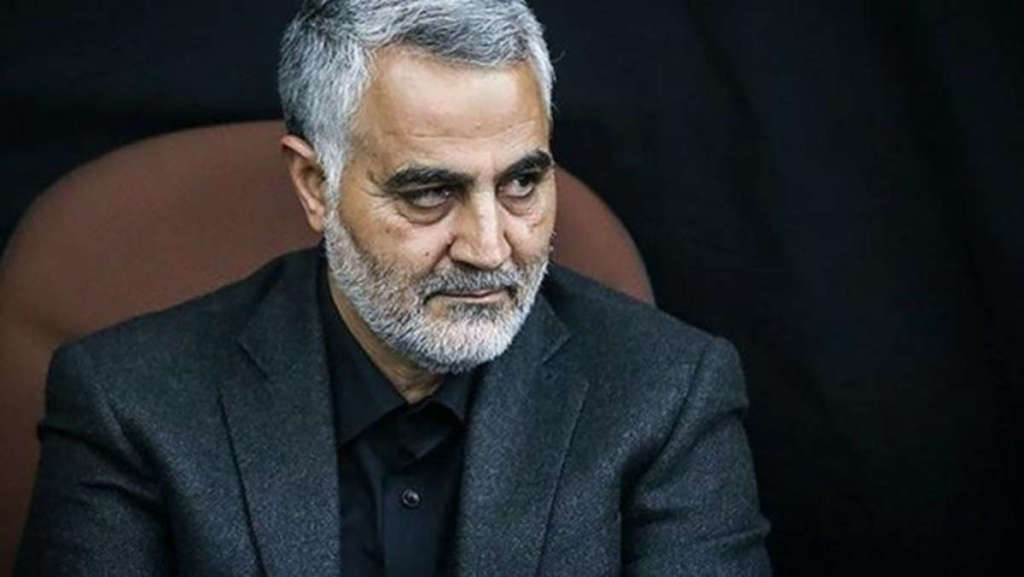Irbil – Commander of Iran’s Revolutionary Guards Quds Force General Qasem Soleimani has been present in the city of Sulaymaniyah in the Kurdistan region since Sunday to prevent an independence referendum and foil the establishment of a Kurdish state, two separate officials, one Kurdish and one Iranian told Asharq Al-Awsat on Monday.
A high-ranking official at the Patriotic Union of Kurdistan (PUK), headed by Jalal Talabani, said Soleimani held extensive meetings with PUK officials and focused on the necessity of thwarting the referendum.
The Iranian commander also asked the PUK not to reach an agreement with President Masoud Barzani, who heads the Kurdistan Democratic Party (KDP).
“Soleimani spoke in a language of threats and saber-rattling, menacing the Kurdistan region,” said the source, who wished to remain anonymous.
Iraqi Kurds plan to hold a referendum on independence this year to press their case for “the best deal” on self-determination once ISIS is defeated in the country.
The two main Kurdish parties, the KDP and the PUK agreed at a meeting last week that a referendum should be held this year, former Iraqi Foreign Minister Hoshiyar Zebari, a senior member of the KDP leadership, told Reuters on Sunday.
Meanwhile, the commander of the military wing of the Kurdistan Freedom Party (PAK) in Iran, Hossein Yazdan Banna said Iran was worried over the rapprochement that was recently witnessed between Talabani’s party and the KDP. He said Tehran wants to keep the two parties apart.
“Soleimani’s visit to Sulaymaniyah also aims to prevent holding the referendum that would decide the fate of Kurdistan… he also discussed the decision of flying the Kurdish flag above public building and institutions in Kirkuk, which Iran rejects,” Banna told Asharq Al-Aswat.
Furthermore, he revealed that terrorists linked to the regime in Teheran were recently arrested for planning to launch large terrorist operations inside the Kurdistan region.
“We have accurate information about a decision made by the Iranian regime to withdraw all its militants and ISIS-linked leaders from Mosul and Syria and send them to Iran in an attempt to reorganize the group under a new name and then confront the Peshmerga forces at the borders of Sulaymaniyah and Kirkuk,” Banna said.
